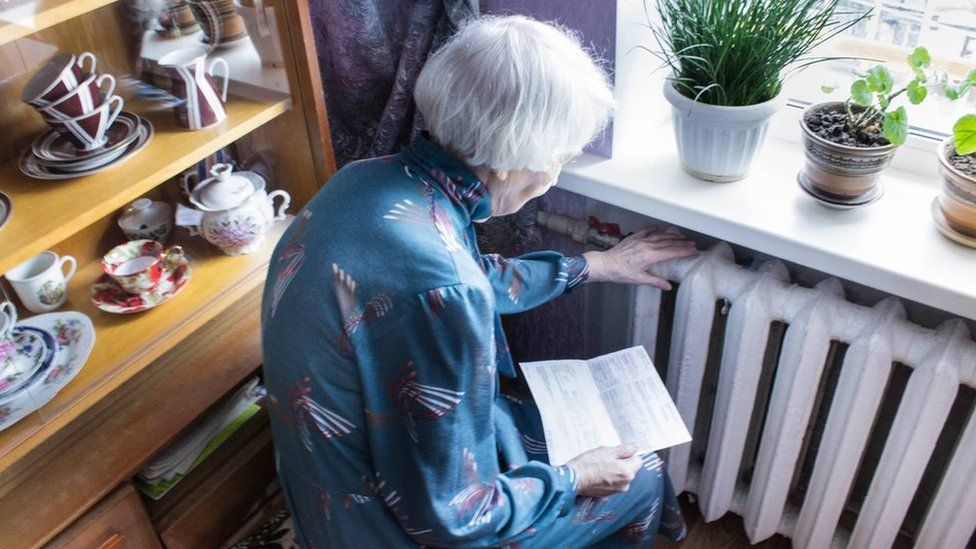Beginning in April, additional funding will be provided to councils in England to assist vulnerable households.
To aid those who are most affected by price increases, the Household Support Fund will distribute £842 million to each local authority in England.
Each council website should be updated over the next few weeks with information on how to apply for the new funding.
Each council is in charge of deciding how to use the funds, and very different strategies are employed.
One has previously opted to order inexpensive food boxes, while a different has sent out energy-saving packs that include air fryers and slow cookers.
Since October 2021, a certain amount of money has been distributed to councils every six months in an effort to fill any gaps in the support provided to struggling households.
Although the most recent round of government funding is intended to last for a year, in some areas the demand has been so great that earlier rounds of funding have already run out within a matter of weeks.
Many households have experienced financial strain as a result of the recent price increase. The rate of inflation, or the increase in prices, is still very close to a 40-year high.
The money has been distributed by councils using a variety of strategies.
Blackpool Council established a program where families with children and senior citizens could receive vouchers for fresh food from neighborhood markets.
The 650 energy-saving packs that Wokingham Council provided included air fryers, slow cookers, heated blankets, thermal clothing, draft excluders, and LED lightbulbs.
Blackburn Council has placed bulk orders for food through a distributor for affordable food boxes, and Derbyshire Council has sent out vouchers that can be redeemed after applications are made by schools and healthcare providers for households that are most in need.
People with large families, single-parent households, elderly people on low incomes, and people with disabilities have benefited in some areas as a result of the support that many councils have decided to concentrate on them.
The funding for devolved nations will be equal, with authorities in the poorest areas receiving proportionately more.
The most money goes to Birmingham, which is expected to receive more than £25 million in April, followed by £22 million for Kent, £19 million for Lancashire, and £18 million for Essex.
Since the funding for April is intended to last for a year and more people are now considered vulnerable as a result of the winter's rising food and energy prices, even though it is twice as much as the funding provided over the previous six months, there is likely to be greater demand.







